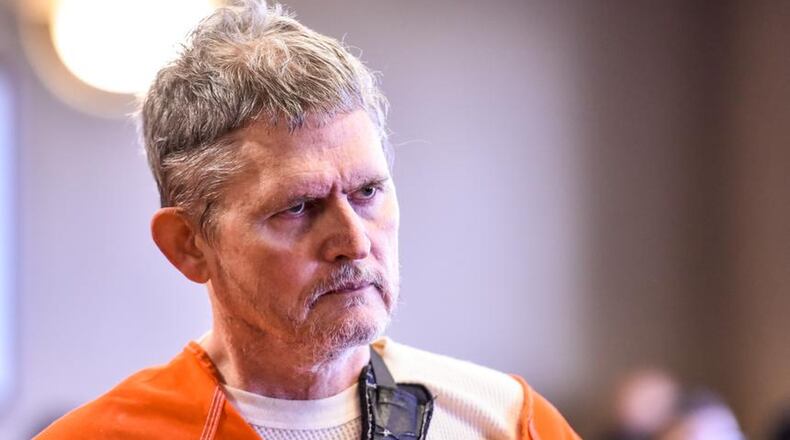Compton is housed in the Butler County Jail awaiting his trial.
The 12th District Court of Appeals was scheduled to hear oral arguments about the pacemaker medical issue in May, but that has been delayed because of coronavirus concerns. The hearing has been rescheduled for July 20 at the appeals court building in Middletown.
MORE: Judge: Pacemaker data can be used at Middletown arson trial
The case is believed to be the first of its kind to use data from a beating heart as evidence. Judge Charles Pater ruled in both 2018 and 2019 that evidence from Compton’s pacemaker could be presented at trial. Attorneys representing Compton cited physician-patient privilege and violation of his Constitutional rights when arguing that evidence should be tossed.
Middletown detectives said Compton gave statements that were “inconsistent” with evidence collected at the scene and from his medical device.
Compton, who has an artificial heart implant that uses an external pump, told police he was asleep when the fire started. When he awoke and saw the fire, he packed some belongings in a suitcase and bags, broke the glass of his bedroom window with a cane and threw the bags and suitcase out of the window before climbing out himself and taking the bags to his car, he told police.
Police then obtained a search warrant for all of the electronic data stored in Compton’s cardiac pacing device, according to court records. The data taken from Compton’s pacemaker included his heart rate, pacer demand and cardiac rhythms before, during and after the fire.
A cardiologist who reviewed that data determined “it is highly improbable Mr. Compton would have been able to collect, pack and remove the number of items from the house, exit his bedroom window and carry numerous large and heavy items to the front of his residence during the short period of time he has indicated due to his medical conditions,” according to court documents.
Defense attorney Charles Conliff argued in March 2019 that the pacemaker data was collected by medical technicians at a hospital for use by a physician and at no time did Compton waive his right to physician-patient privilege. He said data is different from information taken from cell phones because it requires a specific medical procedure and it is intended for a specific use by a physician.
“It is stealing personal information,” Conliff said. “This is not information like on a cell phone that can be downloaded from the cloud. It is collected and stored for use of a physician.”
Assistant Butler County Prosecutors Jon Marshall and Kraig Chadrick argued the data was collected with a search warrant, and it wasn’t part of a privileged communication between Compton and his doctor.
Chadrick said the same system applies to obtaining evidence from cell phones.
MORE: Butler County babysitter continues fight against conviction for killing toddler
“There are lots of things on people’s phones that people don’t want the police to have, we still have to get a search warrant,” he argued.
Because the motion involved physician-patient privilege, an appeal on that specific issue was allowed to be submitted to the 12th District Court of Appeals before trial. The appellate court must make a decision before the trial takes place.
MORE: Fairfield police need help to ID acquaintance of homicide victim
About the Author

